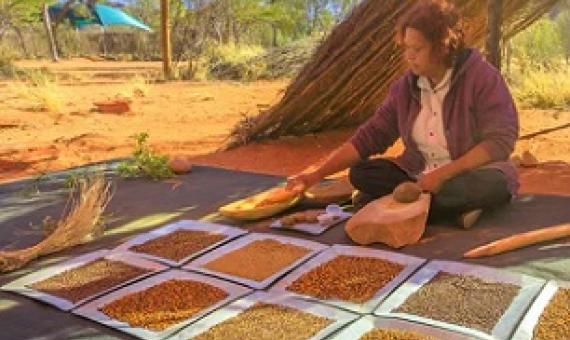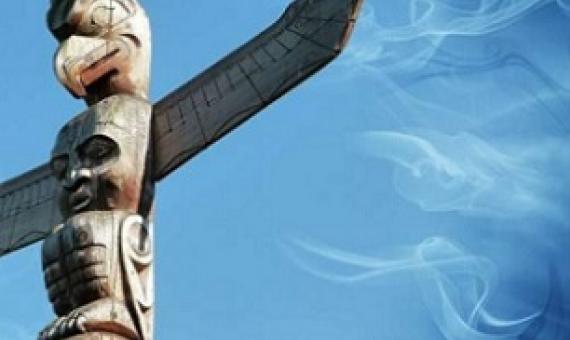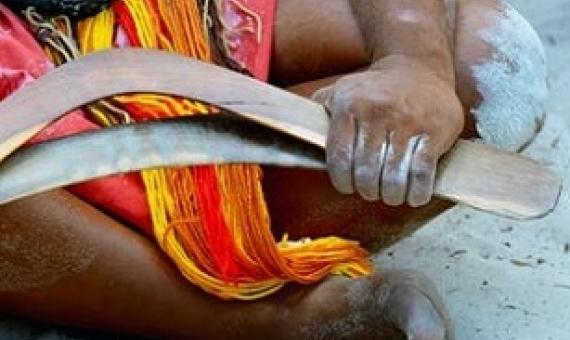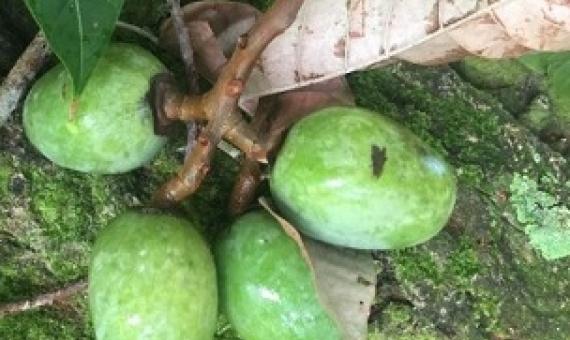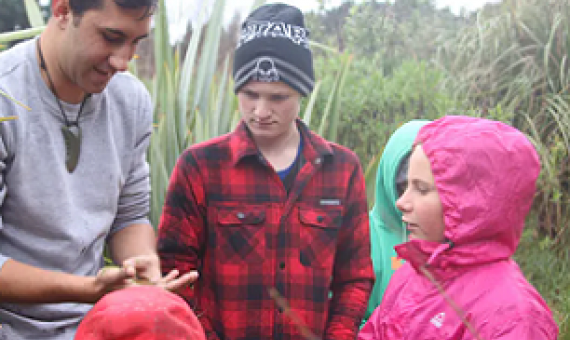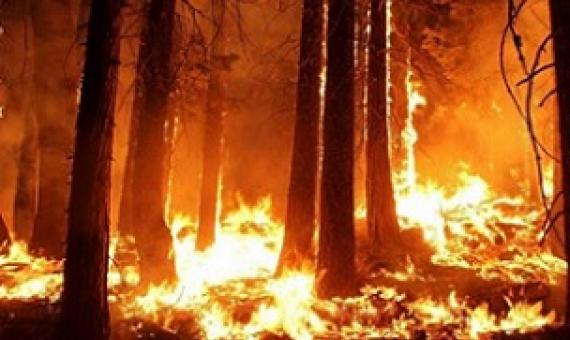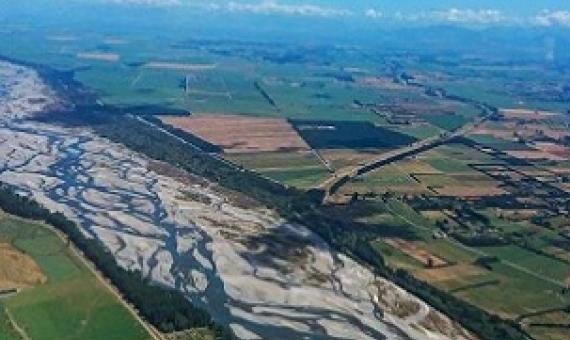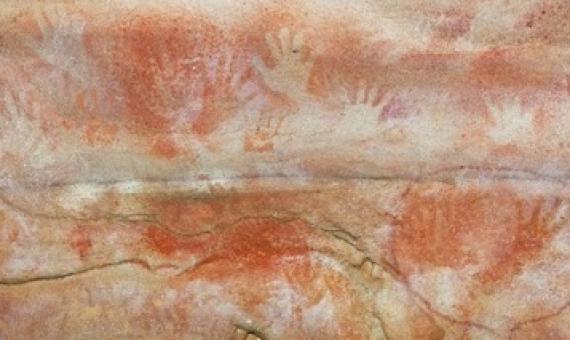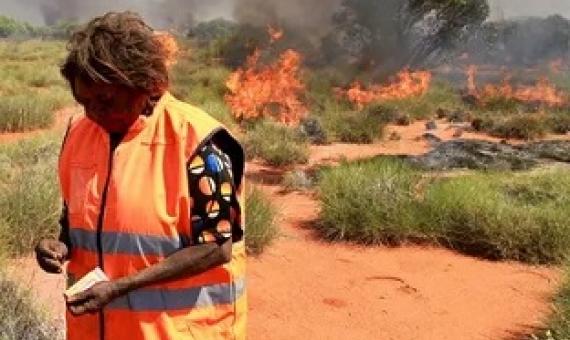Many products we use each day contain compounds taken from nature. Aspirin, for example, is derived from willow trees. And nanofibres from spinifex grass in Queensland is added to bitumen to make stronger roads.
New research has found that Indigenous knowledge is regularly underutilised and misunderstood when making important environmental decisions.
Amplifying indigenous voices
Indigenous peoples are fighting the COVID-19 pandemic daily, taking strong measures to protect their communities and territories from this virus. In these times, historical exclusions affecting rights to basic services and health infrastructure have become more acute, making indigenous peoples an extremely fragile and vulnerable section of society in this pandemic. In addition, attempts to appropriate traditional lands, territories and resources and open up areas for mining and commercial exploitation continue in certain regions.
The bushfire royal commission is examining ways Indigenous land and fire management could improve Australia's resilience to national disasters. On the face of it, this offers an opportunity to embrace Indigenous ways of knowing.
The use of Indigenous knowledge and resources—including bush foods and bush medicines—is increasingly on-trend. Cosmetics, pharmaceutical giants and large food producers are vying for everything from access to monopoly in the modern market.
...centring Indigenous peoples, knowledge and practices achieves better results for wildlife translocations. Moving plants and animals to establish new populations or strengthen existing ones can help species recovery and make ecosystems more resilient.
In their zeal to promote the importance of climate change as an ecological driver, climate scientists increasingly are ignoring the profound role that indigenous peoples played in fire and vegetation dynamics, not only in the eastern United States but worldwide, according to a Penn State research
Indigenous knowledge, including oral histories, mythologies, place names and classification schemes, can span many generations, preserving information that has helped native communities adapt to natural hazards as well as gradually changing conditions.
Indigenous communities and archaeologists fear thousands of historic Aboriginal sites and artefacts have been damaged — or destroyed — by fires that have ravaged Australia. These places are essential for understanding the movement of people in Australia and hold huge value for Indigenous groups.
Much of northern Australia is owned and managed by Indigenous people, now in many parts by carefully and skilfully organised Indigenous ranger groups. Fire is, and always has been, part of the interwoven matrix of the relationships between people and the physical and spiritual world.

